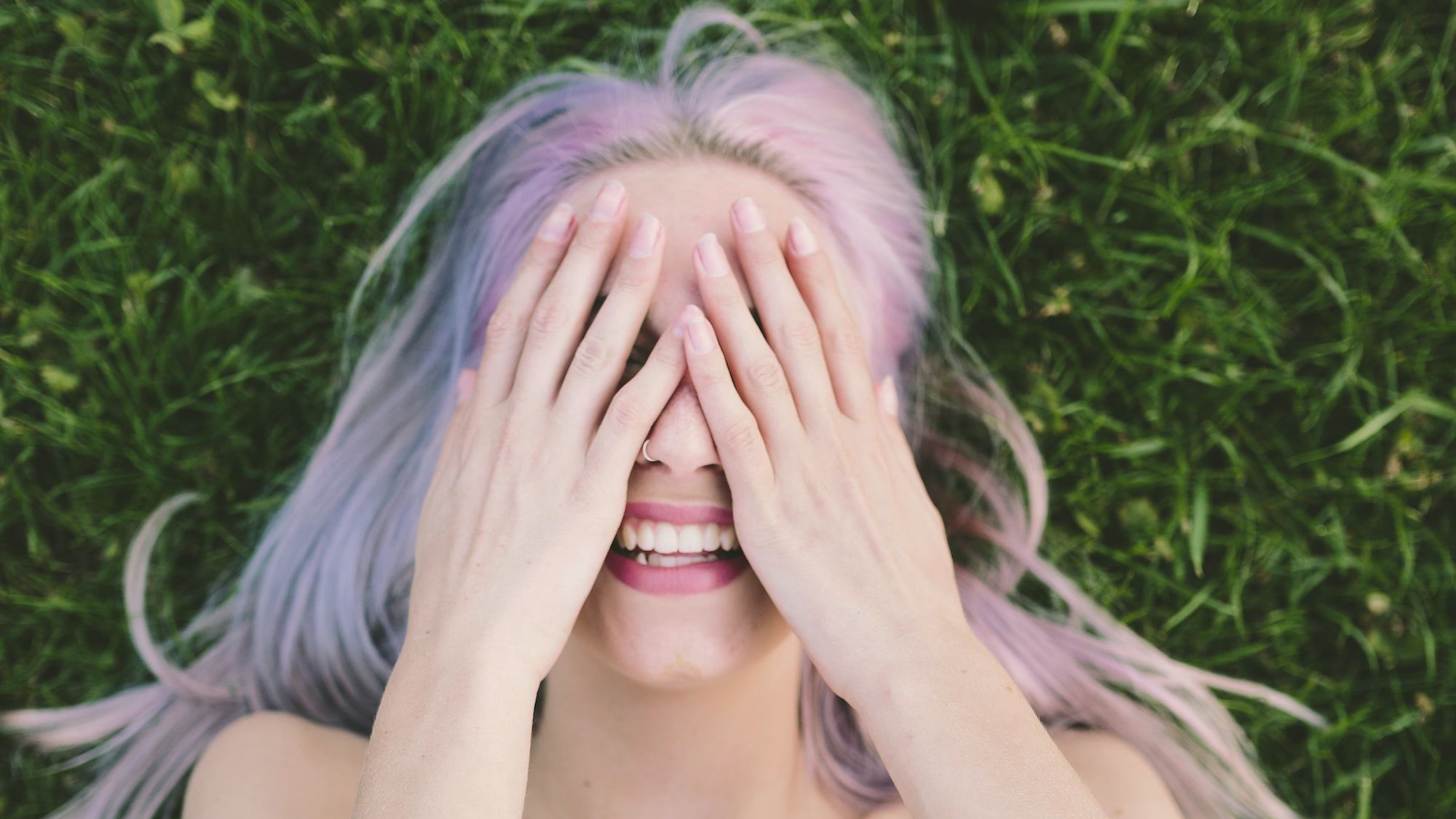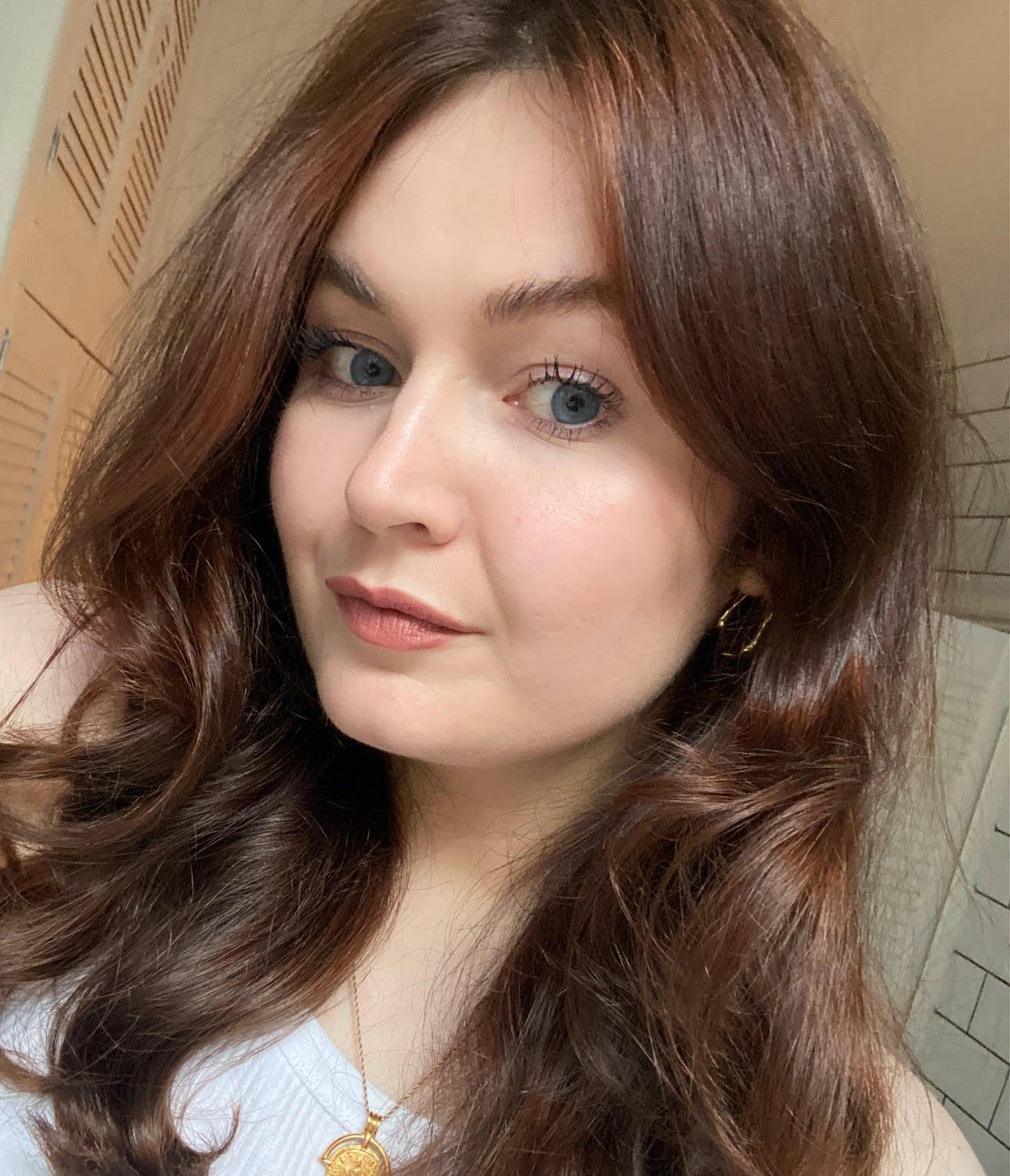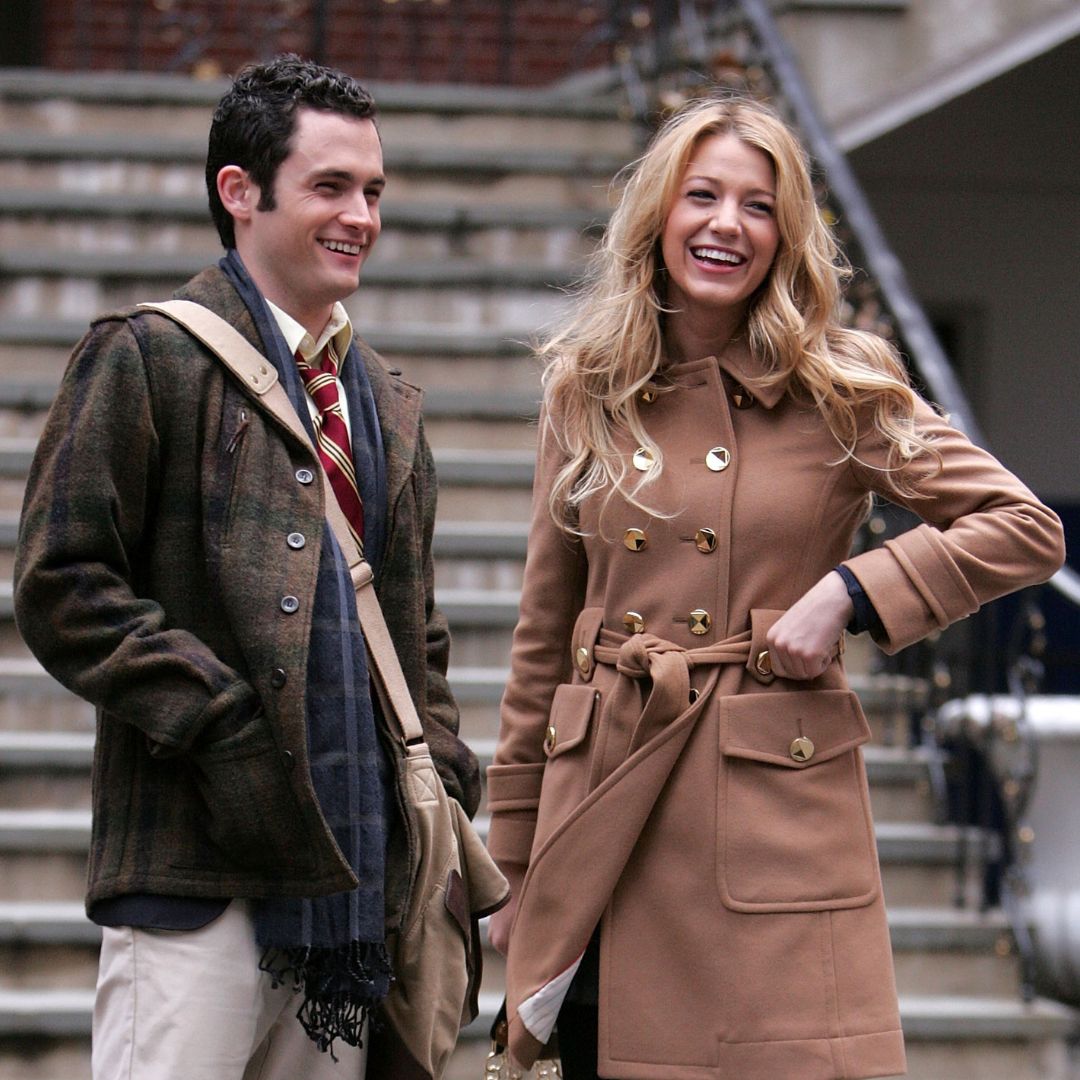Roaccutane: What you need to know before taking the acne treatment
The drug is considered to be pretty controversial, so we spoke to a doctor to get the lowdown


The drug is considered to be pretty controversial, so we spoke to a doctor to get the lowdown
If you have or have had acne in the past, you've no doubt heard of Roaccutane, even if you've never taken it.
Both teen and adult acne are very common, but they can make you feel extremely self conscious and want to get rid of it.
Although an acne vaccination is being developed, taking Roaccutane is currently one of the most powerful treatment options on the market. If all other options – creams, antibiotics, lotions and potions – have failed you, the drug may have been suggested to you as the next step.
But you no doubt have some questions, so we spoke to Doctify-rated GP Dr Lisa Anderson to find out everything you need to know before taking it.
What is Roaccutane?
Roaccutane or Accutane, the colloquial and brand names for Isotretinoin, is a prescription drug and one of the most common acne treatments; many celebrities, like Chloe Grace Moretz and Bella Thorne, have discussed taking it in the past.
'It's a form of Vitamin A that is used to treat severe, scarring acne after other treatments (topical creams and lotions and a prolonged course of antibiotics) have been tried without success,' explains Dr Anderson.
Marie Claire Newsletter
Celebrity news, beauty, fashion advice, and fascinating features, delivered straight to your inbox!
'It is only prescribed by a dermatologist and not available for your GP to prescribe. It's also not to be confused with the milder Retin-A gel that can be used.'
'Is it suitable for everyone?
'Roaccutane is not a suitable treatment for everyone and careful assessment is needed before prescribing. You cannot take Roaccutane if you are pregnant or breastfeeding, or have had an allergic reaction to Isotretinoin,' the doctor explains.
'Extreme caution is needed in those people who have had depression or other mental illness, liver or kidney disease, high cholesterol and inflammatory bowel disease (Crohn's or ulcerative colitis). And as the capsules contain fructose, it should not be prescribed if there is an intolerance to this.
'Roaccutane is not licensed for children under the age of 12, or those who have not entered puberty. You should not be taking any vitamins that contain Vitamin A.'
The NHS notes that the capsules also contain soya, so you cannot take these if you suffer from an allergy to soya.

What are the side effects of Roaccutane?
'There are lots of potential side effects that can occur, and these can be serious,' Dr Anderson says. 'Common side effects are:
- Sensitivity of the skin to sunlight, leading to redness and dry skin
- Dry eyes and throat
- Nosebleed
- Headaches
- General aches and pains.
'Serious side effects may include:
- Mood changes: anxiety, depression
- A blistering skin rash
- Jaundice
- Severe headaches, making you feel nauseous or even vomit
- Pancreatitis
- Joint pain and stiffness
- Visual disturbances
- Fever and chills.'
If you notice anything out of the ordinary while taking Roaccutane, speak to your doctor immediately. This is not an exhaustive list; if you are prescribed the drug, the full list of side effects will be on the information leaflet inside the pack.
How does Roaccutane work?
'The drug reduces the amount of sebum made by the glands in the skin and also shrinks the glands, therefore reducing the bacteria and inflammation and opening the blocked pores of the skin,' our doctor says.
'It's important to take as directed and if you miss a dose, you usually would not make this dose up.'

What are the results?
While most people do see a dramatic improvement in their skin with no recurrence, this treatment is not a fail-safe cure and isn't guaranteed to get rid of your acne. That said, the majority of cases are successful.
'Roaccutane starts to work after around seven to ten days and the course is usually around four to six months,' explains Dr Anderson. 'Around 80% of people will see skin improvement after four months.
'The majority of people treated with Roaccutane will go into complete remission, while some will get a recurrence over time and may be considered for second round of treatment,' she adds.
Note that the purpose of this feature is to inform, not replace one-to-one medical consultations. For advice tailored specifically to you, always discuss your health with a doctor.

Lucy is a freelance beauty editor and contributor at Marie Claire, and has also written for titles including Cosmopolitan, Refinery29, Glamour and woman&home. She was previously Marie Claire’s junior beauty editor. During her career, she’s covered everything from backstage beauty at fashion week to interviews with famous faces like Drag Race royalty and Little Mix. As for her beauty ethos, she’s a big advocate for not having to spend a fortune on beauty products to get good results. When she’s not got beauty on the brain you’ll probably find her reading or Netflix-ing.
-
 Penn Badgley and Blake Lively kept their breakup a secret from the Gossip Girl cast and crew - here's what we know about their former relationship
Penn Badgley and Blake Lively kept their breakup a secret from the Gossip Girl cast and crew - here's what we know about their former relationshipBy Jenny Proudfoot
-
 This iconic rose perfume is a compliment magnet—it makes me feel ‘put together’ after just one spritz
This iconic rose perfume is a compliment magnet—it makes me feel ‘put together’ after just one spritzGrown-up and elegant, yet not at all dated.
By Denise Primbet
-
 Spring has finally sprung - 6 best outdoor workouts that are totally free and boost both body and mind
Spring has finally sprung - 6 best outdoor workouts that are totally free and boost both body and mindSoak in the nature and boost Vitamin D *and* endorphins.
By Anna Bartter